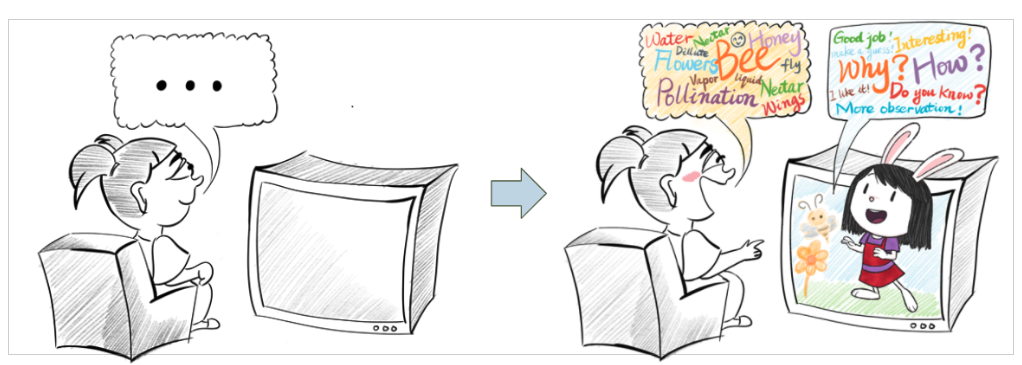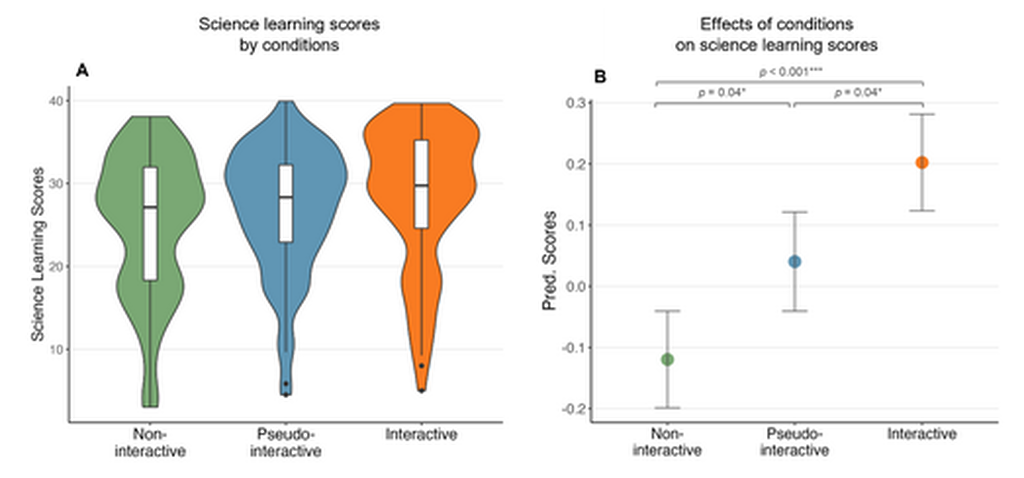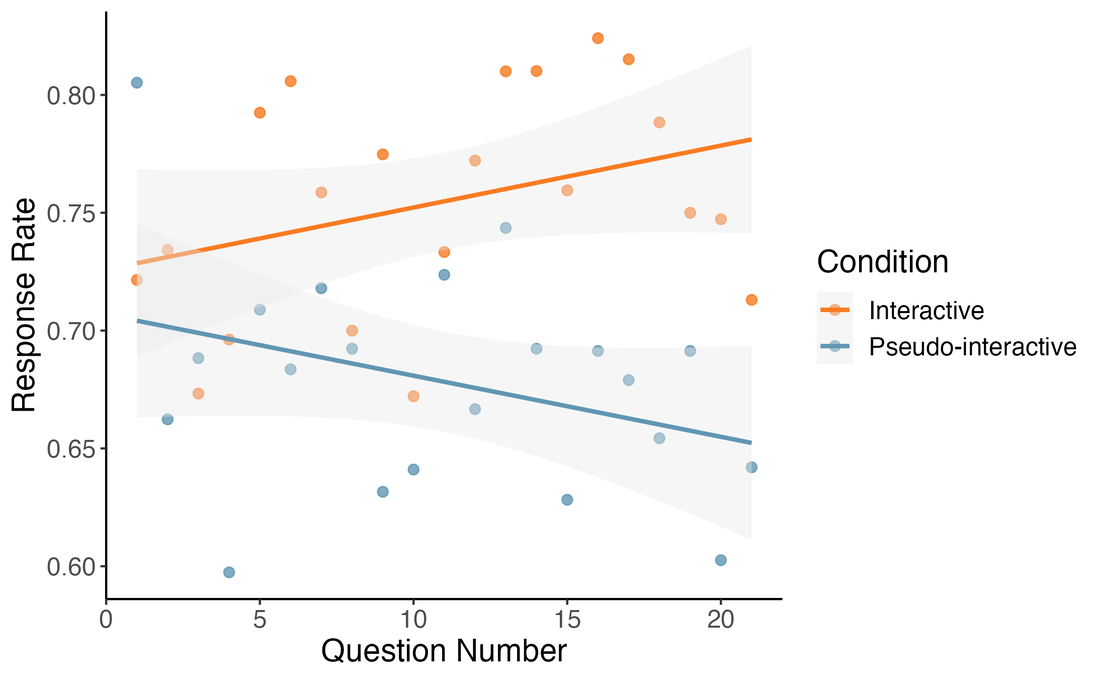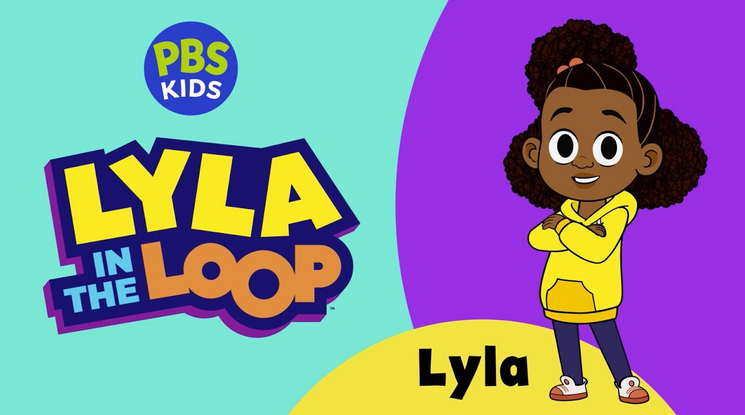Conversational Videos for STEM Learning
In this line of research, we integrate conversational agents into STEM oriented television shows to allow children to directly speak with the show's main characters. The conversation is designed to prime children to engage in observation, prediction, pattern identification, and problem solving.
Partnering with PBS KIDS, we began by developing such "conversational videos" of their science show Elinor Wonders Why. Elinor, the main character, asks children questions, listens for their answers, and provides responsive feedback.
We have conducted several randomized controlled trials (RCTs) to investigate the feasibility and efficacy of creating such conversational videos. These studies have revealed that, when compared to traditional video formats, the conversational videos:
Partnering with PBS KIDS, we began by developing such "conversational videos" of their science show Elinor Wonders Why. Elinor, the main character, asks children questions, listens for their answers, and provides responsive feedback.
We have conducted several randomized controlled trials (RCTs) to investigate the feasibility and efficacy of creating such conversational videos. These studies have revealed that, when compared to traditional video formats, the conversational videos:
- result in better learning outcomes among children
- promote verbal engagement during episode-watching
- result in more relevant and accurate verbal utterances during episode-watching
Findings from our RCT comparing the conversational episodes of Elinor Wonders Why with non-interactive (i.e., broadcast) versions of the episodes were published in the Journal of Applied Developmental Psychology. Building on this work, we conducted another RCT with the addition of a “pseudo-interactive” condition, in which Elinor asks children questions but only gives pre-determined generic feedback (like Dora the Explorer). The manuscript for this study is currently under review.
Ongoing Work
As part of our continuing partnership with PBS KIDS, we have also collaborated in the development of conversational episodes for their new show, Lyla in the Loop. This show aims to teach young children (4 to 8 years old) computational thinking concepts.
Ongoing Work
As part of our continuing partnership with PBS KIDS, we have also collaborated in the development of conversational episodes for their new show, Lyla in the Loop. This show aims to teach young children (4 to 8 years old) computational thinking concepts.
We have developed conversational versions of three of the episodes, with a conversational agent embodied by the main character Lyla. We are currently conducting a research study to investigate the effectiveness of the conversational videos in improving children’s learning outcomes.






